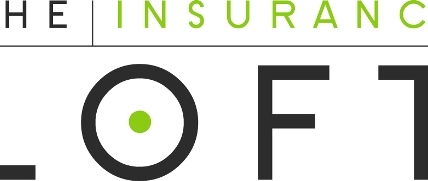Information Reporting by Providers of Minimum Essential Coverage

If you are a self-insured employer or other organization that provides minimum essential coverage (as defined in Internal Revenue Code Section 5000A(f) to any individual during the calendar year, you have some reporting responsibilities to the Internal Revenue Service. Furthermore, if you file 250 information returns or more during the calendar year with the IRS, you must report this information electronically, not later than March 31st(February 28thif you file manually rather than electronically.
What To Report
Here's what you must deliver to the IRS:
Name and taxpayer ID number of each individual you are covering, his or her legal responsible individual, including a parent, spouse or primary insured. If you cannot obtain the taxpayer ID number of the individual in question, after reasonable effort to do so, you may substitute the date of birth.
You must also report the number of months in which you provided this coverage for one day or more. See Section 1.6055-1(e) of the regulations.
Reporting Procedures
Reporting entities should file single Form 1095-B with the IRS for all individuals covered, along with a 1094-B transmittal form. Entities filing 250 returns or more must use the Affordable Care Act Information Returns (AIR) Program to transmit these documents electronically.
Those filing fewer than 250 returns have the option of filing them manually, though as noted above, manual filers must complete their filing by February 28th, rather than March 31st.
Any entity that files a Form 1095-B must also provide the same information noted on the 1095-B to the individual designated as the responsible party via mail, unless this individual specifically consents to receive the information electronically. You can obtain this consent on paper or via electronic means, but if the consent is on paper you must obtain an electronic confirmation of consent in addition to the paper consent.
Special Considerations for Self-Insured Employers
Employers who choose to sponsor self-insured group health plans must comply with all information reporting requirements for providers of minimum essential coverage. This is true without regard to their status as applicable large employers (ALEs) under the shared responsibility provisions of the Affordable Care Act. Therefore, even smaller companies with fewer than 50 full-time equivalents must meet all the same reporting requirements as larger employees.
Those entities that are designated applicable large employers, however, have another requirement: They must combine their reporting on a single information form: Form 1094-C, as well as a transmittal form, Form 1094-B.
Penalties for Non-Compliance
If you fail to file an information return, the general penalty is $100 for each missed return, up to a maximum of $1.5 million for each calendar year.
If your deadline for the return is after December 31, 2015, however, your penalty is increased to $250 for each return you failed to file, up to an annual maximum (calendar year) of $3 million.
If you fail to issue a correct payee statement, the penalty is $100 for those due on or prior to December 31, 2015, up to a total penalty of $1.5 million per calendar year.
For returns due after December 31, 2015, however, the penalty per statement increases to $250, up to a total maximum penalty of $3 million per year.
For additional information, see the IRS's Questions and Answers page.
Contact the Insurance Loft today to learn more about protecting your business.
Call 800-409-9790 or email us at info@theinsuranceloft.com.

June 19, 2017
by
Brian Cook
Insurance Producer

